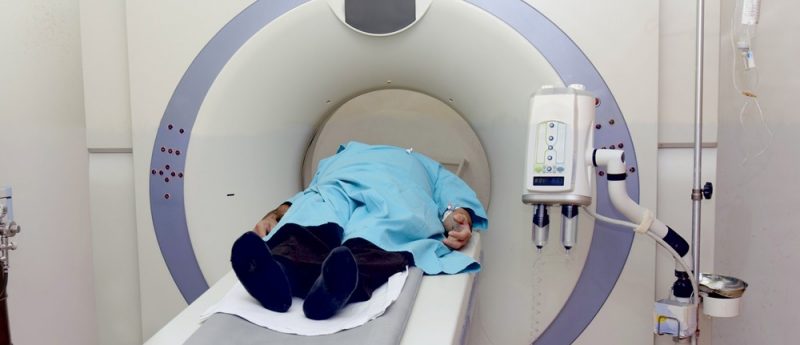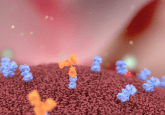Start-up company, Inlighta Biosciences, receive $2 million grant for MRI contrast agent development

The start-up company, Inlighta Biosciences LLC (GA, USA), have received a $2 million grant from the National Cancer Institute for the development of an improved MRI contrast agent that could be utilized for early detection of primary and metastasized liver cancers. The research will be carried out through a collaborative effort between Inlighta Biosciences, Georgia State University (GA, USA) and Emory University (GA, USA).
The research is focused on optimizing a protein MRI contrast agent –ProCA32– as well as developing next-generation contrast agents. The funding will support the validation of ProCA32, in addition to toxicology studies required to support an application to the FDA for human clinical trials.
The founder of Inlighta Biosciences, Jenny Yang, commented: “We are very excited by receiving this Phase II STTR funding to support our Investigational New Drug enabled studies. Our proposed studies in precision imaging address major medical gaps, including early detection of small lesions and biomarker expression, especially for high-risk patients, and monitoring the dynamic changes of biomarkers during disease progression and following therapeutic treatment.
Success in our proposed studies will have immediate clinical implications in the diagnosis of liver metastasis from various cancers, primarily liver cancer, and other liver diseases’ accurate staging and follow-up of high-risk patients, evaluating treatment effect and image-guided interventions. We are also very grateful for the previous support from Georgia State, Georgia Research Alliance and funding of STTR Phase I from the National Cancer Institute.”
The protein MRI contrast agent, ProCA32 (developed in 2015) exhibits an affinity for two gadolinium (Gd3+) ions with a 10-fold increase in relaxivities , which significantly enhances the MRI contrast image in comparison with conventional MRI contrast agents. It has been previously demonstrated that ProCA32 could detect early liver metastases with a diameter as small as approximately 0.24mm. This is significantly smaller than the detection limit of conventional contrast agents that cannot always detect liver tumors smaller than 1cm.
It is hoped that the use of this MRI contrast agent could enable clinicians to identify primary and metastatic liver cancers much earlier, so that patients can have better treatment options and a higher chance of recovery. At present, liver cancers are often associated with a high mortality rate since they are routinely only diagnosed during the advanced stages – when treatment response is poor.
In addition, it has also been demonstrated that ProCA32 could be modified to selectivity bind to other types of cancer since the contrast agent can be linked with a receptor-targeting moiety.
“Supporting innovative and entrepreneurial Georgia State investigators’ efforts to access funds critically needed to advance early-stage technology toward the market is a high priority for Georgia State,” commented Dr. James Weyhenmeyer, vice president for research and economic development at Georgia State University (GA, USA).
Heconcluded: “We expect a substantial increase in the number of Georgia State investigators applying to the small business research programs sponsored by NIH and other federal agencies to support the further development of their technology.”
Source: http://news.gsu.edu/2017/07/21/inlighta-grant/






